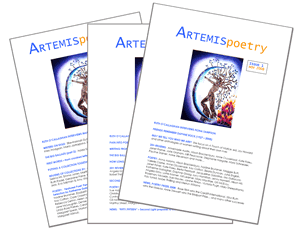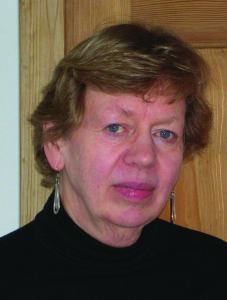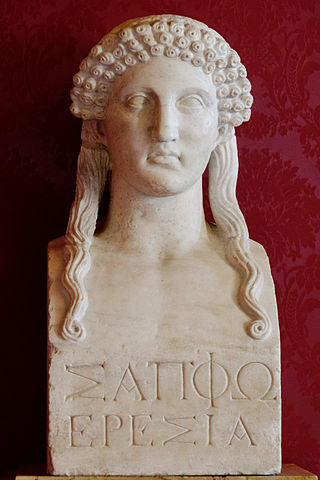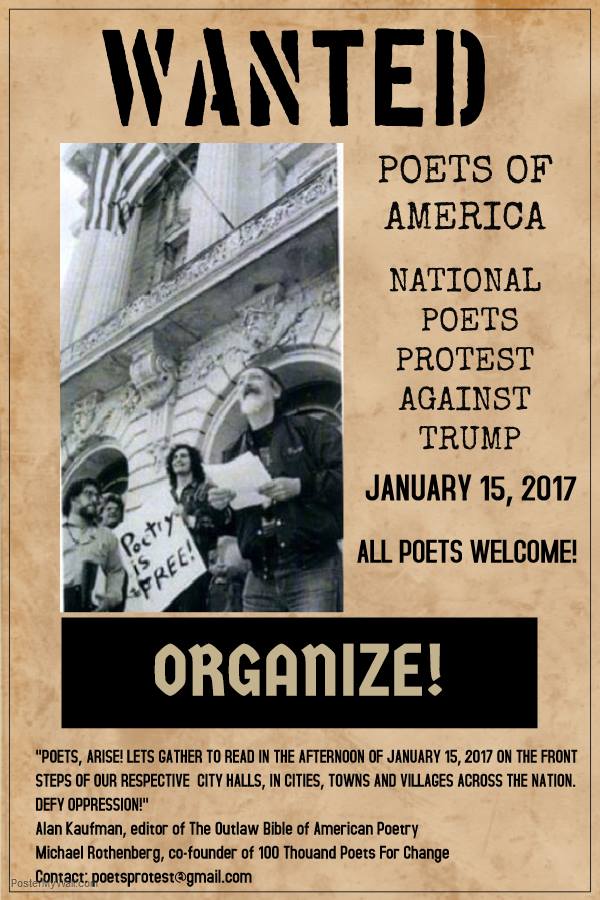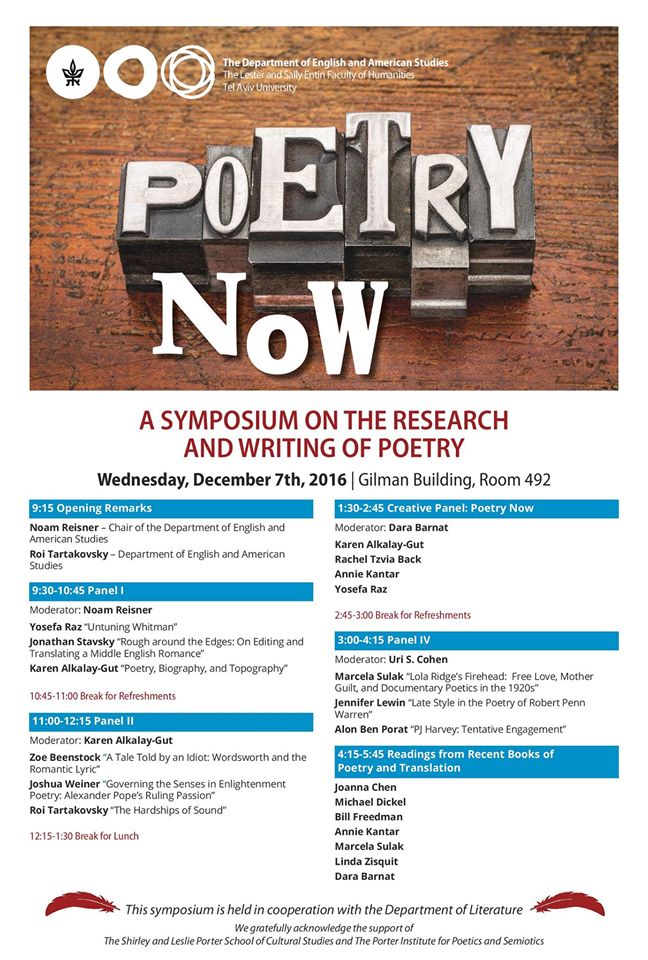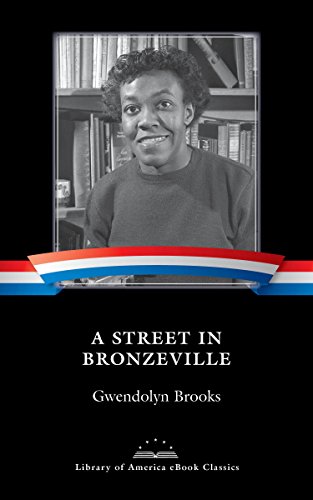FROM THE DESK OF MBIZO CHIRASHA: Opportunity Knocks for Women Poets
CALL for SUBMISSIONS as well as introducing our iconic Guest Editor for the June Edition Jamie Dedes:

This edition gives women poets a platform to reflect as they share their experiences of the COVID 19 menace and as well visualizing their lives and that of their communities after the COVID19 threats, loss and pain. Sobriety and healing can be brought back by written word, writing, poetic reflections and reading experiences. We continue to value creativity and diversity. We say every positive change begins with writing. Every revolution began and ended by WORD. We look forward to reading your writings and reflections. Thumbs-up to Womawords 2020 Poet Laureate and June Edition Guest Editor JAMIE DEDES. Together We Rise.
The WOMAWORDS press June Edition is to be edited by our Poet Laureate and USA Associate to the WOMAWORDS Hall of Fame, Jamie Dedes.“The call is open to women poets from May 20 through June 20.“Ten poems and poets will be selected from the submissions, which should include a short third-person bio of thirty-to-sixty words and your photograph.“Submissions to be forwarded to BOTH Mbizo Chirasha womawordpress@gmail.com and cc’d Jamie Dedes at thepoetbyday@gmail.com.
JAMIE DEDES is a Lebanese-American poet and free-lance writer. She is the founder and curator of The Poet by Day, info hub for poets and writers, and the founder of The Bardo Group, publishers of The BeZine, of which she was the founding editor and is currently a co-manager editor with Michael Dickel. Ms. Dedes is the Poet Laureate of WOMAWORDS Press 2020 and U.S associate to that press as well. Her debut collection, The Damask Garden is due out fall 2020 from Blue Dolphin Press.
– Mbizo Chirasha

 INSIDE JAMIE DEDES’
INSIDE JAMIE DEDES’
POETRY LAB
MY EARS ARE DEAF, MY EYES HEAR A SONG
mountains rise round, Mother’s ever pregnant belly
and the aspens dance with paper-barked madrone
screeching their yellows and reds, brindle and feral
like the snaked hairs of Medusa, they are warning
looming over me as I lay miles away on a mesa
the bones of my ancestors, the heart of my child
the pelts of the brown minks my father sewed
the vultures circle, mesmerized by my demise
I feed on the pinion and ride mountain lions
down slopes, into valleys, a wanderer, lost and lost
looking eastward, seeking John Chapman
he has something to say, or maybe it’s westward
John Muir, my ears are deaf, my eyes hear a song
emerging from brown bear, a surfeit of salmon
burning sage, clearing America, the wild beasts
are defanged and declawed and I am hawk-eyed.
A CENTURY OF POSSIBLE PEACE
after Muriel Rukeyser
.
I lived in the century of world wars and
into the century of “hot spots” and “conflicts,”
those isolated regions of hostility and battle, of
choreographed shows of military cliché and the
violent disaffected eruptions of the marginalized
Every day is an homage to some insanity
Media reports are conveyed with facile intensity
by hyperkinetic journalists delivering easy
and ominous conclusions based on seemingly
recondite facts, quickly moving to celebrity
gossip and other insipid topics . . .
I have lived in two centuries of wars
I know what it is to be exhausted by the
vain posturing of the ruling class and
the tired protestations of tribal unity and
supremacy based on accidents of birth
I know what it is to imagine peace across
the circumference of one small blue ball
in a Universe of inestimable size and breadth
I know that darkness can descend with the
speed of light and that love is more than an
anchor and that vision keeps our dreams alive
I have lived into the century where the world is
grown small, where the peacemakers are tireless
and perhaps enough hearts have grown large …
sometimes I think I am living in the century
where peace is as possible as war
THE SIXTH MASS EXTINCTION
the ghosts of our parents search vainly
for wildflowers near the beach at Big Sur
they were deaf to the threat in thunder,
but we were struck by lightning,
heaved in the rain and waves and
the overflow from the melting ice
the computers went down
their screens black as the wicked water,
in whirling chaos they morphed into drums
every fetus turned in the womb,
the men went to the mountain tops
and the women sheltered in caves
the souls of saints and sinners
were run through a cosmic wash cycle
after the spin dry, a new wisdom
but the shades of our parents remain,
they wait in vain for us at Big Sur,
in vain by the Santa Lucia Mountains

About Womawords Literary Press
Womawords, an international eZine based in Africa, is the heart child of multi-award winning Zimbabwean poet in exile, Mbizo Chirasha. It was established to support women and girls through the publication of activist poetry by women. Current projects are Womawords companion publication, Liberating Voices Journal, and the newly founded Womawords Hall of Fame.
The Womawords Hall of Fame seeks to amplify women’s voices through literary and other arts and comprises representatives from around the globe: writers, poets, editors, and mentors among others.
JAMIE DEDES is a freelance writer, poet, content editor, and blogger. She curates the Poet by Day Webzine [jamiededes.com], an info hub for writers meant to encourage good but lesser-known poets, women and minority poets, outsider artists, and artists just finding their voices in maturity. The Poet by Day is dedicated to supporting freedom of artistic expression and human rights. Email thepoetbyday@gmail.com for permissions, commissions, or assignments. Jamie is also the founder and founding editor of The BeZine, which she currently manages and edits with American-Israeli poet, Michael Dickel (Meta /Phor(e) /Play).
MBIZO CHIRASHA (Mbizo, The Black Poet) \is the founder of Womawords Literary Press, which is dedicated to giving space to the voices of women and girls. He is a multi-award winning poet from Zimbabwe who is in exile and running for his life. We have been coordinating in the search for safe harbor for him. In part I am posting this today to remind everyone that while we’ve made progress with funding, we still need to find a host for Mbizo, preferably Germany. Open to suggestion. Connect with me (thepoetbyday@gmail.com) if you are able to help, have leads, or have questions. You can read more about Mbizo and his story: Zimbabwean Poet in Exile: Award-Winning Poet Mbizo Chirasha, A Life on the Run, Interview.



